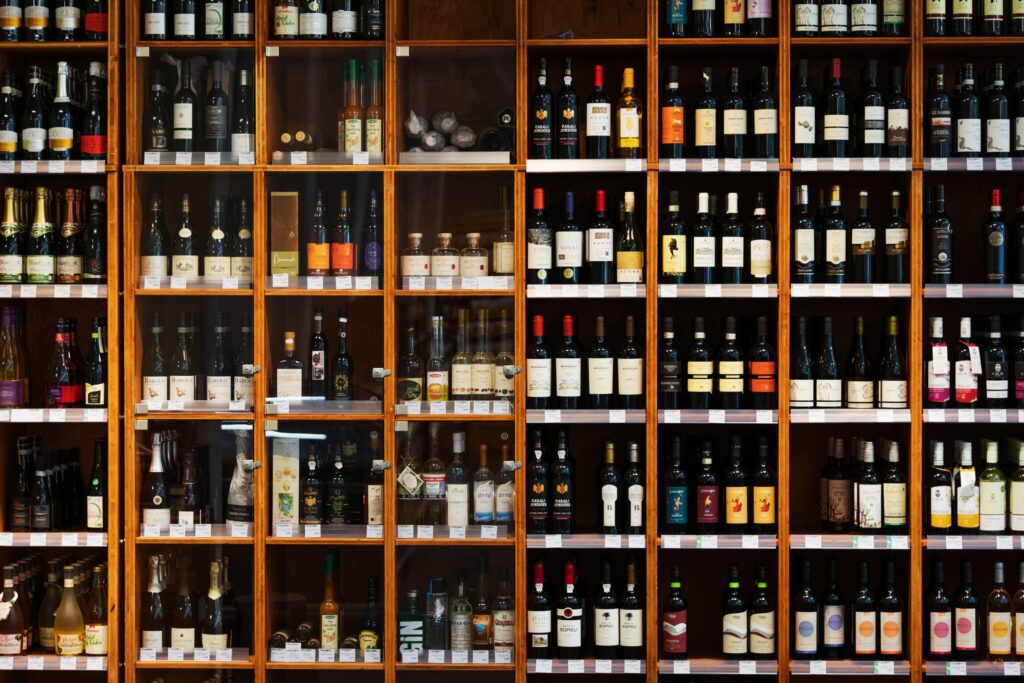Wine retailers across the UK are warning consumers that they will be “powerless to protect” their customers from the inevitable price rises set to hit the industry in February next year when the new duties are introduced.
It comes as part of WSTA's new consumer campaign to pressure the government to make the current temporary easement permanent in the Budget on October 30.
The retailers – who together have more than 10,000 customers and multiple sites in the UK – want to raise awareness of the complexities for businesses that the new wine duty ranges will present and the implications this will have on rising prices.
Specialist retailers include Majestic, Laithwaites, The Wine Society and leading independent wine merchants in Cambridge, who sent an email to their customers today (4 October) warning of the rises. They said the new ranges would fail to create a duty regime that was simpler and fairer for managing wine businesses, which is its intended purpose.
“As an industry, we firmly believe that the system to be introduced fails on both counts – it is more complex and will be far more expensive.” “Companies like ours will need to invest six-figure sums just to develop the systems required to handle the new approach, with ongoing administrative costs likely to reach similar amounts on an annual basis.”
She said the Treasury's “insistence” on continuing to introduce changes from 1 February 2025 (despite the change of government this summer) would threaten wine's position as “the UK's most popular alcoholic drink” while undermining the UK's position as the second largest. An alcoholic drink in the United Kingdom. – The largest importer of wine in the world.
“There is a real risk that producers of your favorite wine will stop shipping it to the UK entirely, because of the extra administrative burden that would be involved in exporting wine to Britain,” she said, referring to a small, family-run business. Vineyards are less likely to change operations “that have been in place for generations just to suit the UK market”, when they can export wine to other markets without additional management or costs.
“With less than four months until this policy changes, we now feel obligated to let you, our loyal customers, know that these changes are coming. Whether your favorite wines rise in price, or disappear from shelves completely next year, we, as an industry, will be powerless to protect you from… that.
This represents a step forward in warning from the industry, led by the Wine and Spirits Trade Association (WSTA) which has repeatedly called for the temporary easement to be made permanent.
They say this will avoid red tape costs and help businesses grow, while keeping prices low for consumers and ensuring stability in Treasury income.
Currently, duties are the same on all wines at between 11.5% and 14.5% (£2.67) due to a temporary 'easement' introduced by the Conservative government last year to ease the new duty regime. This is due to be removed on February 1, when the full service range begins, meaning wines between 11.5 – 14.5% abv will be bonded according to alcohol strength, resulting in up to 30 different amounts payable.
Miles Bell, chief executive of the WSTA, said this “bleak warning” could still be avoided if the new government put an end to former prime minister Rishi Sunak’s decision to “impose a huge bureaucratic burden on the UK wine industry” which would not benefit the public. Finance but would impose “additional harmful costs and red tape by maintaining wine easements.”
“There is still time to help boost British businesses in a sector full of potential by maintaining wine facilities and freezing alcohol duties. It will not cost the government anything, but it will support British businesses by enhancing growth conditions and protect British consumers by keeping prices stable.”
Steve Finlan, chief executive of the Wine Association, added that if the new government was serious about listening to businesses, it needed to recognize that the entire industry was “united against the proposed new duty regime”.
“It should be easy to extend the current facility and then engage in a meaningful dialogue to find a solution that suits the government, businesses and consumers,” he said.
John Colley, chief executive of Majestic, described the previous government's plan to create a simpler, fairer and less bureaucratic duty system as a failure, and moving from one duty band to 30 different duty bands based on ABV “would be bad for consumers, retailers and hospitality operators”.
“Removing wine easements will disproportionately affect small businesses – including the 900 independent wine merchants operating across the UK and many importers who deal with the international wine trade. This will restrict growth and threaten people’s livelihoods at a time when We must do everything we can to support our main streets.
Related news
Paul Hobbs: “Corrective steps” are necessary before the market rebounds
Women are “more likely” to choose wines with “feminine” labels.
London restaurants with the best deals on corkage


